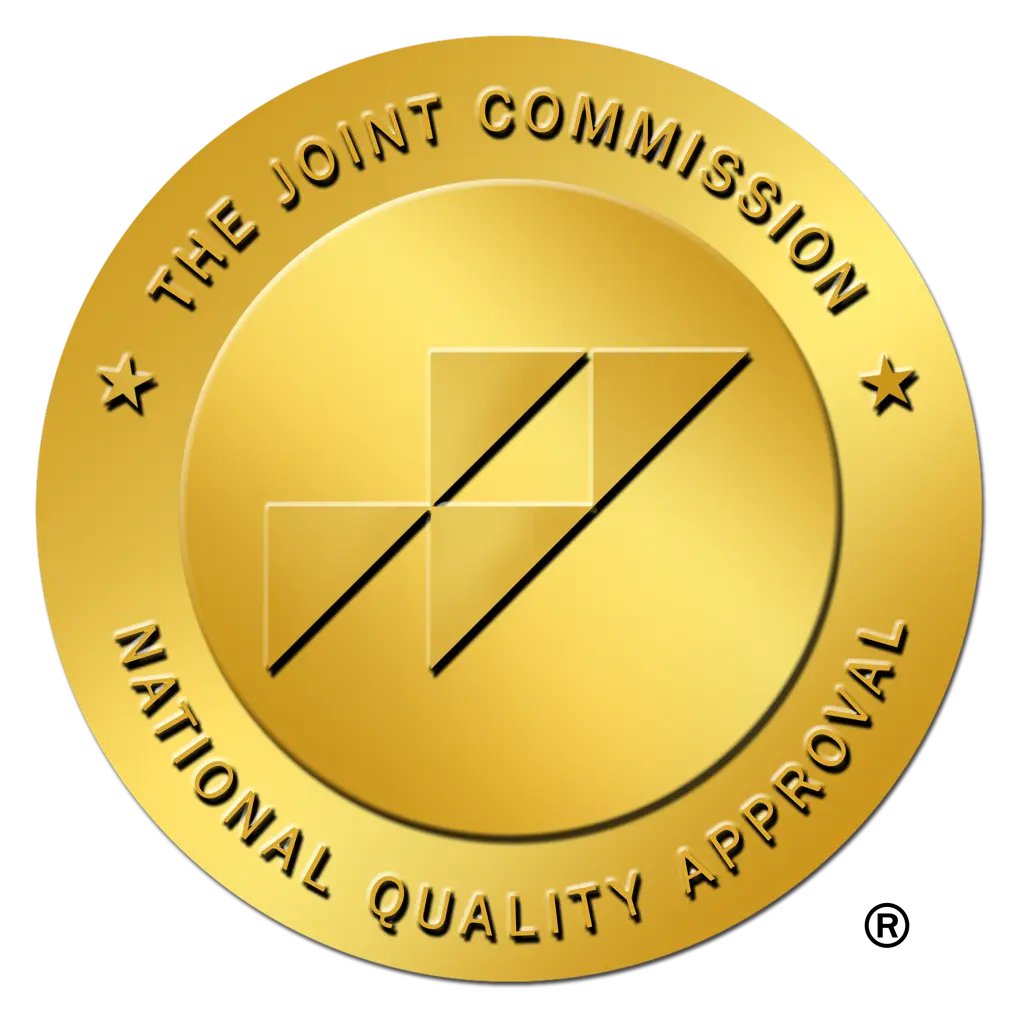Understanding your brain is imperative to a healthier life. When a person has bipolar disorder, it can be hard to cope with uncontrollable symptoms. Awareness of behavioral patterns can bring a stronger sense of ease to those with bipolar disorder.
Recognizing Bipolar
A person diagnosed with bipolar disorder may often burn bridges when they feel misunderstood. Learning ways to communicate uncontrollable emotional states is key to saving relationships. Bipolar disorder can include intense feelings of joy of heightened energy, shifting to feelings of depression and despair. There are three types of bipolar disorder, such as bipolar I, bipolar II, and cyclothymic disorder.
Each of these exudes different lengths and severity of depressive and manic states. Symptoms of Bipolar I can include extreme levels of manic states with a shift in powerful depressive states.
Bipolar II has the same symptoms, but manic levels aren’t as high. Depressive states tend to last longer, while the manic state would be viewed as more normal.
Cyclothymic disorder includes chronic mood swings that do not last as long as bipolar I or bipolar II. Symptoms can vary between each individual. Understanding ways to cope can be universal for maintaining any mental health symptoms.
Creating Healthy Habits
Establishing a routine can help minimize anxieties that can lead to changes in moods. Creating a daily to-do list or adding events to your calendar can help your mind feel more prepared for the day. Developing routine habits can help create a sense of accomplishment.
Shifts in mood can often escalate when a person is surprised by unexpected events. Finding ways to prepare for the day and the tasks to accomplish can help minimize. During depressive states, a person with bipolar disorder finds simple tasks to be the most challenging, such as leaving the bed or showering.
Creating a daily routine can help people understand they are experiencing symptoms and set simple goals for daily success. Simply writing down a to-do list, a calendar, or setting timers and reminders on your phone can ease anxiety symptoms.
Journaling to Cope
Increasing healthy habits can minimize bipolar symptoms. Journaling has been found beneficial among those diagnosed with bipolar disorder. Journaling can alleviate stressful, uncontrollable events that can escalate mania or depressive episodes. A journal can provide a tool to express feelings and emotions without involving others.
Journaling has been found to reduce heightened emotions when a person can express emotions through writing. At times a person may not be aware of the emotions they are experiencing or the root cause of the emotion. Writing it down and reading feelings can better understand how a person can find solutions to frustrations.
Writing in a journal can range from poetry to a diary entry. Focus on writing as much as you feel. However, you express yourself, limiting focus on perfection in writing skills can help guide you towards a stronger sense of self. Creating a mood journal can also help increase awareness of symptoms.
Talk Therapy
Therapy is essential for anyone. Those diagnosed with bipolar had shown significant improvement in coping with symptoms when regularly enrolled in behavioral, cognitive, interpersonal, and social rhythm therapies. Talk therapy can help a person with bipolar cope with daily symptoms and find ways to find solutions. Communicating with a nonbiased person is crucial to growth.
Cognitive-Behavioral Therapy
Engaging in cognitive-behavioral therapy can show improvements in mood regulation by understanding stressors. Therapy can help identify specific triggers and create solutions. Communicating and addressing daily escalations and mood swings will help generate awareness of when a person is experiencing symptoms of bipolar.
Cognitive-behavioral therapy can involve recording moods. Documenting your moods daily can help develop awareness for those coping with bipolar. Cognitive-behavioral therapy can help a person experiencing a depressive mood to find solutions to symptoms.
Cognitive-behavioral therapy can help assess repetitive thinking that can lead to suicidal ideations and other depressive symptoms. Bipolar disorder can include unwanted negative thinking, which can spiral a person into a depressive episode. When a person begins the negative thought process, it can be hard to identify the positives. Therapy can help develop ways to redirect negative thinking by training your brain to identify negative talk and replacing it with positive thinking.
Understanding symptoms can be challenging. Each day can be different for a person coping with Bipolar. Awareness of symptoms can create a stronger sense of self-control. Learning to identify signs through a mood journal, cognitive-behavioral therapy, and developing a routine can help manage a person’s daily struggles when diagnosed with bipolar disorder. Finding ways to cope with daily struggles with Bipolar can help you have a better existence.
Here at Alter Crisis Intervention, we strive to provide knowledge and awareness to those living with mental health disorders. Clients or family members struggling with symptoms of bipolar are welcome to the plethora of education and therapies to help manage it. Creating awareness of mental health can create a stronger support system for those coping with bipolar. Developing healthy habits such as journaling, therapy, and developing a routine can create a better way of life, leading to minimized symptoms. Finding the therapy and routine that works for you is imperative to cope with bipolar. We offer a wide array of opportunities to develop a stronger awareness of mental health. Please feel free to contact us by calling (866) 986-1481 to acquire more guidance with mental health awareness. It’s never too late for you or a loved one to start understanding the symptoms of bipolar.

